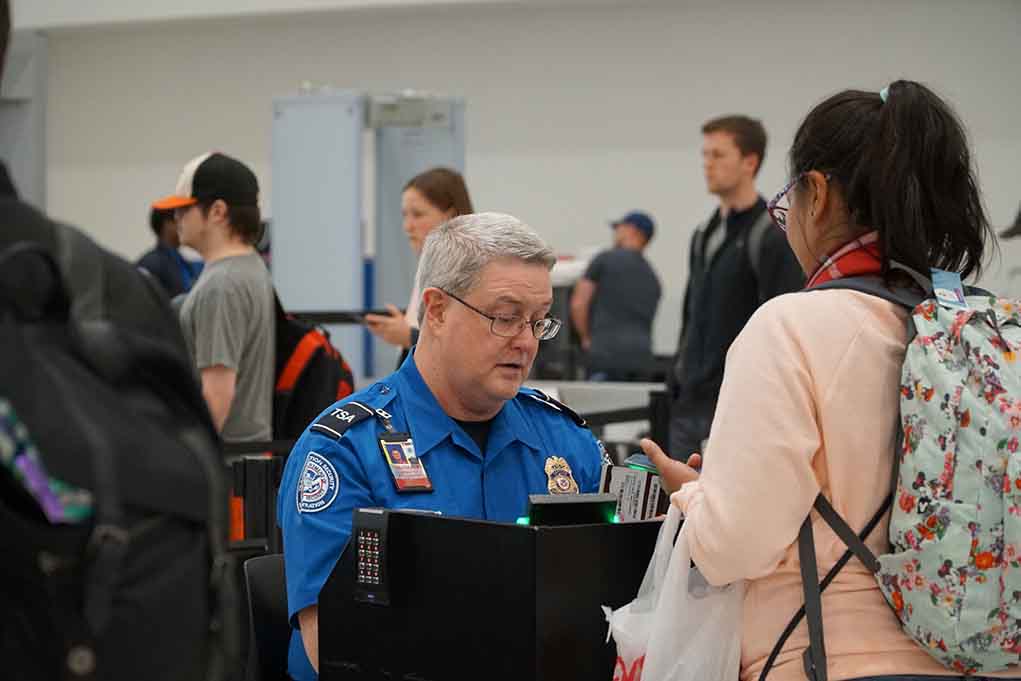
As Cuba and Venezuela vehemently condemn President Trump’s new travel restrictions as “racist,” the regimes’ hysterical reaction reveals their fear of losing control over their citizens and the remittances that prop up their failing economies.
Key Takeaways
- President Trump implemented travel restrictions affecting 19 countries including Cuba and Venezuela, effective June 9, 2025
- Both regimes specifically targeted Secretary of State Marco Rubio, accusing him of orchestrating “racist” restrictions
- The restrictions were justified by high visa overstay rates and lack of cooperation in accepting deportees
- Cuban and Venezuelan opposition groups requested modifications to focus restrictions on regime supporters rather than citizens fleeing persecution
- Both dictatorships are attempting to frame the policy as racist while discouraging citizens from traveling to the U.S.
Travel Ban Targets Nations Abusing Immigration System
President Trump’s administration has implemented new travel restrictions targeting 19 countries, including Cuba and Venezuela, which went into effect on June 9, 2025. The executive order cites persistent issues, including high visa overstay rates, insufficient cooperation with U.S. authorities, and refusal to accept the return of nationals ordered removed from the United States. The move follows years of documented abuse of the American immigration system by individuals connected to these regimes, particularly those fleeing failed socialist policies while remaining sympathetic to the very governments that caused their displacement.
The restrictions represent President Trump’s continued focus on immigration reform and national security, with administration officials indicating that additional countries could be added to the ban in the future. Cuba’s inclusion was specifically justified by the U.S. government citing its sponsorship of terrorism, lack of cooperation on intelligence matters, and consistently high rates of visa overstays. These factors have created a security environment that the Trump administration deemed unacceptable for continued unrestricted travel.
Regimes Lash Out at Secretary Rubio
Both the Cuban and Venezuelan regimes have directed particular venom toward Secretary of State Marco Rubio, a Cuban-American who has been a consistent voice against communist and socialist dictatorships in Latin America. Venezuela’s socialist regime claimed the policy was orchestrated by Rubio, whom they characterized as having a personal vendetta against Venezuelans. This pointed attack demonstrates the effectiveness of Rubio’s policies in challenging these authoritarian governments and their stranglehold on power in the region.
“This operation has been promoted by the current Secretary of State, Marco Rubio, an official known for his hatred of the Venezuelan people, who has made systematic aggression his foreign policy, with the support of the Venezuelan far right,” shared by Venezuela’s socialist regime.
Cuba’s Foreign Minister Bruno Rodríguez Parrilla similarly claimed the restrictions have “racist undertones” and are supported by “anti-Cuban politicians” – a transparent attempt to deflect from the Cuban regime’s own human rights abuses and failures to provide for its citizens. These accusations represent a typical communist tactic of projecting racism onto opponents while the regimes themselves systematically oppress their own people regardless of race or ethnicity.
Opposition Groups Highlight Humanitarian Concerns
While the dictatorships of Cuba and Venezuela condemn the travel restrictions, opposition groups within these countries have taken more nuanced positions. Venezuela’s Democratic Unitary Platform coalition requested the U.S. reconsider including Venezuela in the restricted list, emphasizing that ordinary citizens shouldn’t be punished for the crimes of their oppressors. The opposition highlighted that many Venezuelans are actively fighting against the Maduro regime and fleeing political persecution.
“The Venezuelan people are fighting for democracy, human rights, and dignity. We therefore request that the US government review this decision and remove Venezuela from the list. We deserve the support of the free world, not additional punishment,” stated Democratic Unitary Platform (PUD).
Similarly, Venezuela’s Vente Venezuela party suggested the restrictions should target regime supporters and those committing illegal acts rather than all citizens. This reasonable request acknowledges the legitimate security concerns of the United States while recognizing the humanitarian crisis created by socialist policies that have driven millions to flee their homes. The nuanced position of these opposition groups stands in stark contrast to the hyperbolic accusations of racism from the authoritarian regimes.
Strategic Propaganda Response
In typical fashion for communist and socialist regimes, both Cuba and Venezuela have used the travel restrictions as propaganda opportunities. Cuba’s foreign minister claimed the policy “harms contact between Cuban families” and “damages personal, professional, academic, and cultural exchanges” – conveniently ignoring how the Cuban regime itself has restricted its citizens’ freedom of movement for decades through exit visas and other control mechanisms designed to prevent defections.
“New U.S. entry ban on nationals of several countries has racist undertones with support from anti-Cuban politicians. It harms contact between Cuban families. It damages personal, professional, academic, and cultural exchanges between the two countries,” said Bruno Rodríguez Parrilla.
Both regimes have urged their citizens to avoid traveling to the United States altogether, with Venezuela’s government going so far as to call America a “dangerous country.” This guidance exposes the regimes’ true concern: that citizens exposed to American freedom and prosperity might question the socialist propaganda they’ve been fed. President Trump’s policy appears designed to pressure these governments to improve their human rights records and cooperation with international norms while protecting American security interests.











